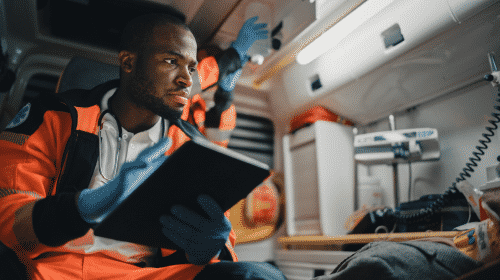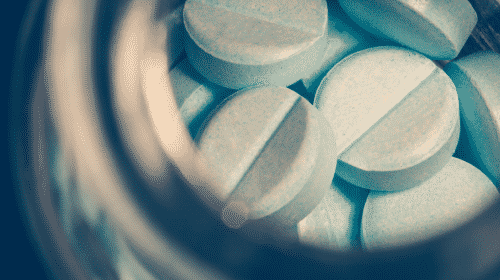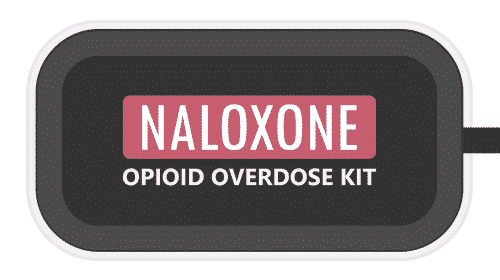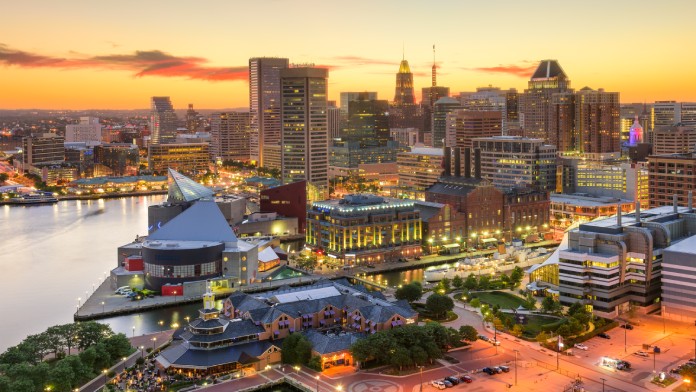Expert Insights
I recently read a news article that perfectly illustrates the unfortunate breakdown in communication, lack of planning, and unwillingness to cooperate when government programs are launched – particularly those meant to combat opioid addiction and accidental opioid overdoses. We have a wealth of data showing drug overdose is among the top causes of death when people are released from jail. That’s why lawmakers in Maryland passed a bill that requires all correctional facilities to screen inmates for opioid addiction and offer three types of FDA-approved medication (methadone, buprenorphine and naltrexone) that stop cravings and withdrawal symptoms. What’s mind boggling is the fact that this law was passed in 2019, yet here we are in 2023 and less than half of the local governments – and Baltimore City as a whole – have yet to comply with the law. Several lawmakers associated with the bill have publicly voiced anger in learning the legislation has been “ignored,” but a better question might be why did it take four years for anyone to notice?? Of course, jail administrators and local officials say they have good reasons for noncompliance – namely lack of funding, staff shortages, and regulatory problems centered around medication administration. (And a few local officials simply refuse to comply because they don’t believe in medication-assisted treatment.) If Maryland and Baltimore City are truly serious about saving lives post-incarceration, the disorganization must stop and the noncompliance can no longer be tolerated. Absolutely unacceptable.
~ Kerry Nenn
How Does Baltimore Compare in Alcohol and Drug Use?
Baltimore is a major city in Maryland with a long history as an essential seaport. However, the nationwide opioid epidemic has hit the city especially hard. In 2017, Baltimore saw 761 drug and alcohol-related intoxication deaths, 692 of which were opioid-related.1 That is more than double the number of people who died of homicide that year. If you or someone in your life is dealing with the harmful effects of addiction, there are over 200 accredited alcohol and drug rehab centers in Baltimore that can help get you on the path toward recovery.2
There is a growing substance abuse trend across the city and the state, especially with opioids and new substances, including powdered alcohol. Some statistics related to substance use in the city include:3,4

Overall, overdose deaths have increased across Maryland, but the rate of overdoses in the city of Baltimore increased by 225% between 2007 and 2016.

Half of Baltimore teens have used alcohol, with one in eight reporting binge drinking.

There were 761 deaths related to substance use in 2017 in the city, 692 of which were related to opioids.

In 2018, the city distributed 3,891 Naloxone kits and reversed 904 overdoses through the Staying Alive program.
Resources
- Baltimore City Health Department. (2015, April). Baltimore City’s Response to the Opioid Epidemic.
- FindTreatment.gov. (n.d.). FindTreatment.gov.
- Baltimore City Health Department. (2017.) Community Health Assessment.
- Baltimore City Health Department. (2022). Baltimore Statement on Dangers of Powdered Alcohol.
- Baltimore City Health Department. (2022). Substance Use Disorder.
- National Library of Medicine. Tirado Muñoz J, Farré A, Mestre-Pintó J, Szerman N, Torrens M. (2018). Dual diagnosis in Depression: treatment recommendations.
- Substance Abuse and Mental Health Services Administration. (September, 2020). Results from the 2019 National Survey on Drug Use and Health.
- National Library of Medicine. Blanco, Laura et al. (August 6, 2020). Traumatic Events in Dual Disorders: Prevalence and Clinical Characteristics. Journal of clinical medicine 9,8 2553.
- National Library of Medicine, Arias F, Szerman N, Vega P, Mesías B, Basurte I, Rentero D. (2017). Bipolar disorder and substance use disorders. Madrid study on the prevalence of dual disorders/pathology.
- Parmar, A., & Kaloiya, G. (2018). Comorbidity of Personality Disorder among Substance Use Disorder Patients: A Narrative Review. Indian journal of psychological medicine, 40(6), 517–527.
- Maryland Department of Health. (2022). Good Samaritan Law.
- Maryland.Gov. (2022). New Law Expands Naloxone Access to All Marylanders
- Maryland Courts. (2022). Family Medical and Leave Act (FMLA).
- Baltimore City State’s Attorney’s Office. (2022.) Aim to B’More.



